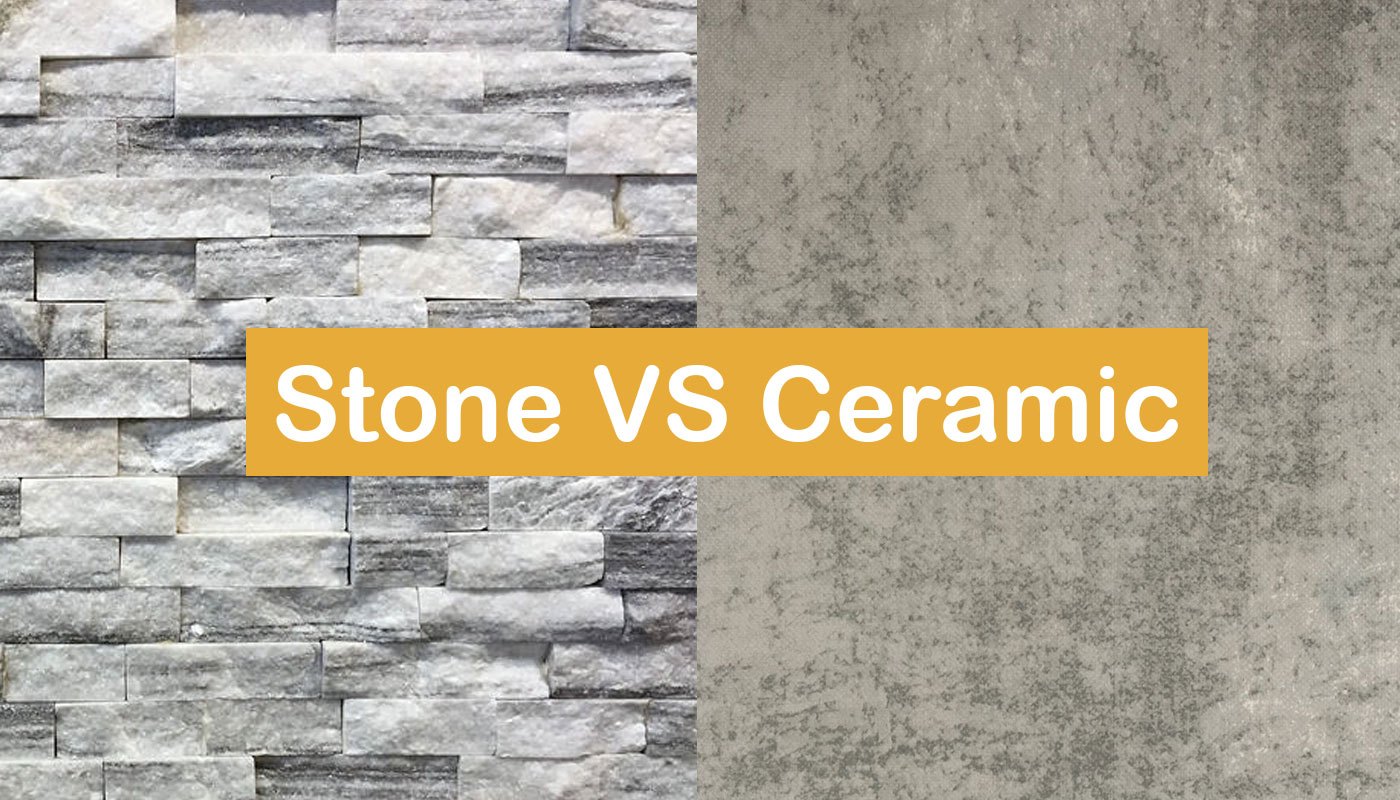


When it comes to selecting flooring materials for your home, the options seem endless. Among the plethora of choices available, natural stone and ceramic tile stand out as popular options, each offering distinct advantages and disadvantages. Let's delve into the pros and cons of both to help you make an informed decision for your next home improvement project.
Natural stone exudes timeless elegance and sophistication. Its unique patterns and variations add character to any space, making it a favorite among homeowners looking to elevate their interiors.
One of the most significant advantages of natural stone is its durability. Whether you opt for granite, marble, travertine, or slate, these materials are renowned for their resilience and longevity, standing the test of time even in high-traffic areas.
Each piece of natural stone is one-of-a-kind, showcasing its own individual markings and colors. This inherent variation adds a touch of authenticity to your home, creating a visually stunning environment that is impossible to replicate with mass-produced materials.
While natural stone undoubtedly adds value to your home, it often comes with a hefty price tag. The cost of materials, installation, and maintenance can be significantly higher compared to alternatives like ceramic tile, making it less budget-friendly for some homeowners.
Natural stone requires regular maintenance to preserve its beauty and integrity. Depending on the type of stone you choose, maintenance tasks may include sealing, polishing, and periodic regrouting to prevent stains, scratches, and other forms of damage.
Despite its durability, natural stone is not immune to damage. Certain types of stone, such as marble, limestone, and travertine, are prone to etching and scratching from acidic substances and heavy impact. Additionally, natural stone can be more challenging to repair than ceramic tile if cracks or chips occur.
Ceramic tile is a cost-effective alternative to natural stone, making it a popular choice for budget-conscious homeowners. With a wide range of styles and designs available, you can achieve the look of natural stone at a fraction of the cost.
Unlike natural stone, ceramic tile is relatively low maintenance. It is resistant to stains, scratches, and moisture, making it an ideal flooring option for kitchens, bathrooms, and other high-traffic areas where spills and messes are common.
Ceramic tile offers endless design possibilities, allowing you to customize your space to suit your personal style and preferences. From traditional subway tiles to contemporary geometric patterns, the options are virtually limitless, giving you the freedom to create a look that is uniquely yours.
Unlike natural stone, ceramic tile lacks the inherent variation and character found in organic materials. While this may appeal to some homeowners seeking a more uniform aesthetic, others may find it lacking the authenticity and warmth of natural stone.
While ceramic tile is durable, it is not immune to cracks and chips, particularly in areas with heavy foot traffic or if installed improperly. Additionally, repairing damaged tiles can be more challenging than natural stone, as finding an exact match may prove difficult.
While ceramic tile is durable, it may not last as long as natural stone. Over time, wear and tear can take a toll on ceramic tiles, leading to chipping, cracking, and fading. While proper maintenance can extend the lifespan of ceramic tile, it may eventually need to be replaced sooner than natural stone.
In conclusion, both natural stone and ceramic tile offer unique advantages and disadvantages, making them suitable for different preferences and budgets. Ultimately, the decision between the two comes down to personal preference, aesthetic appeal, and practical considerations. Whether you prioritize the timeless elegance of natural stone or the affordability and versatility of ceramic tile, both options have the potential to enhance the beauty and functionality of your home for years to come.